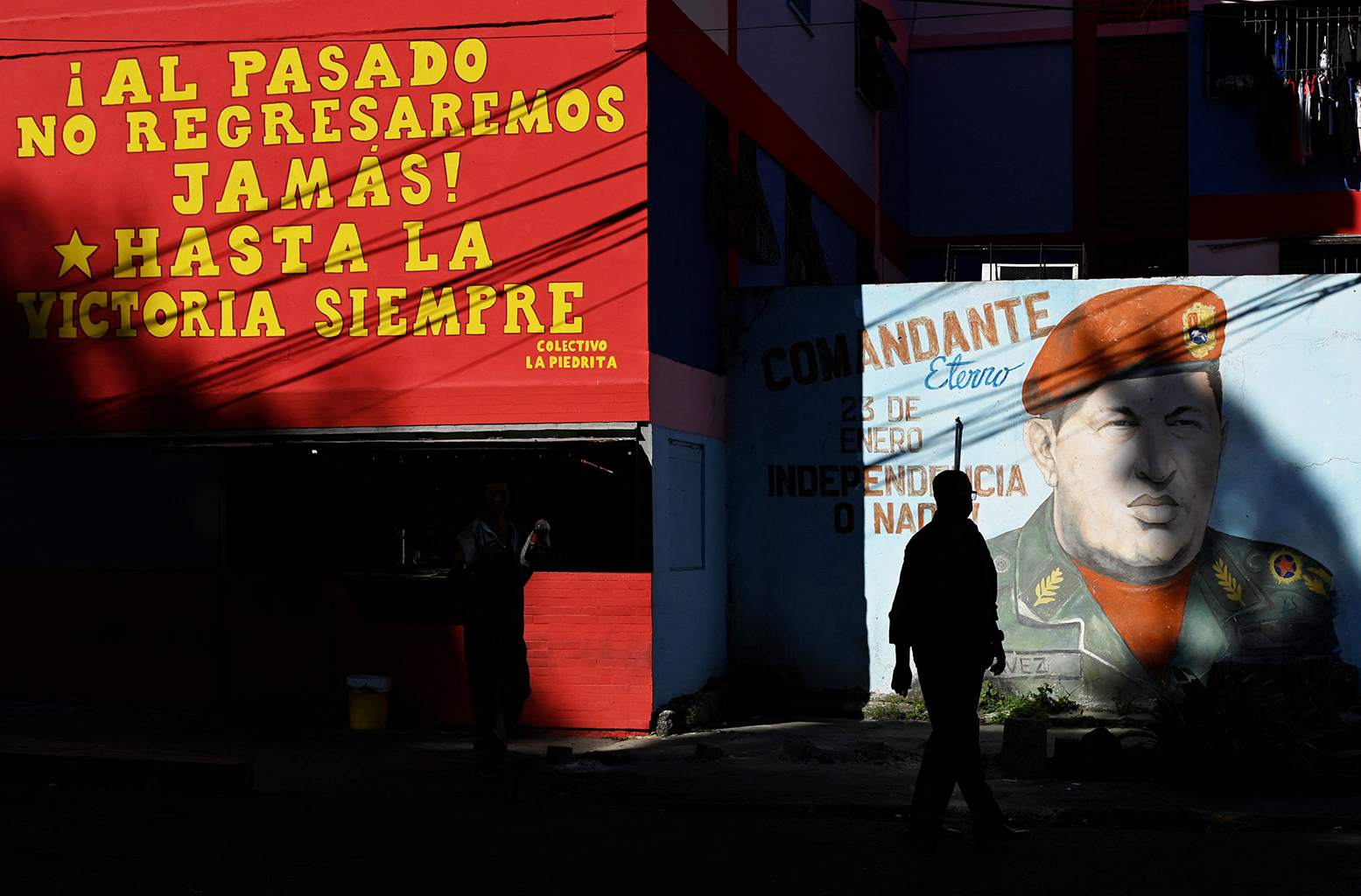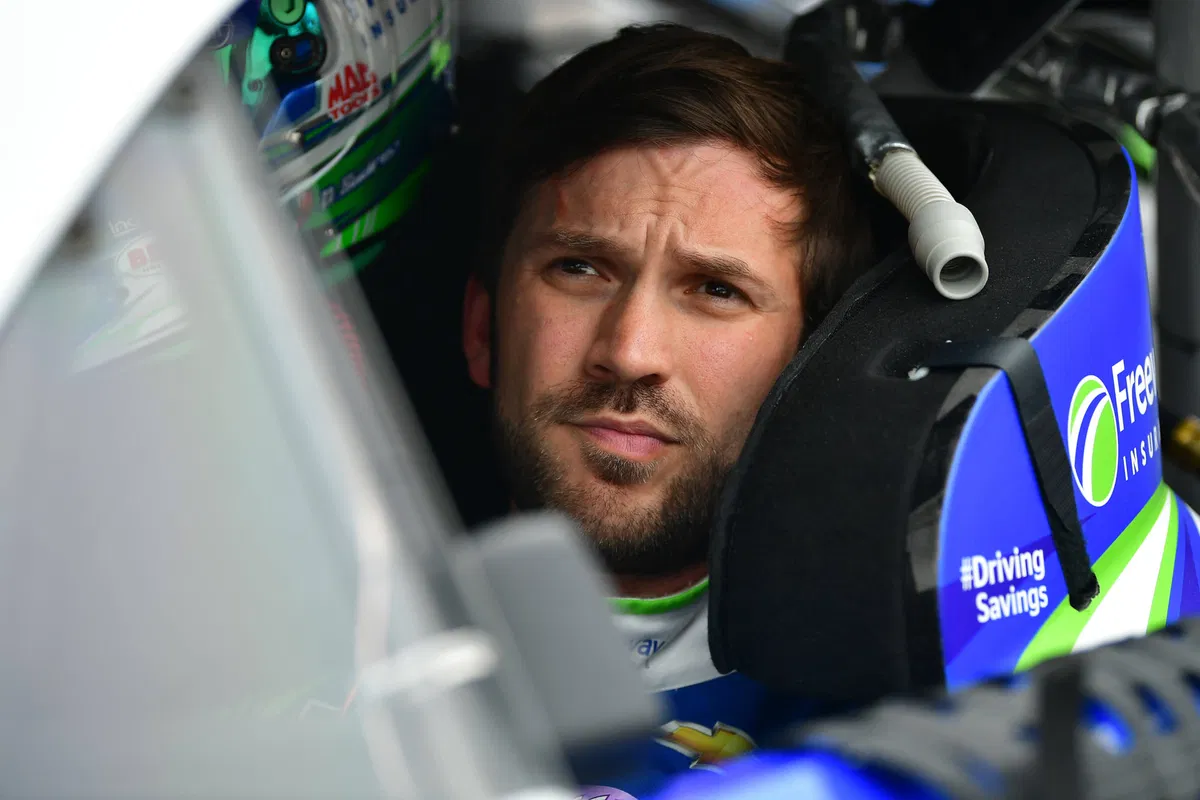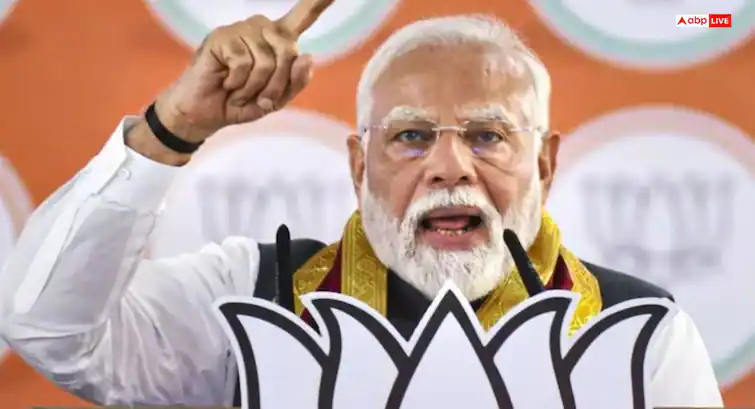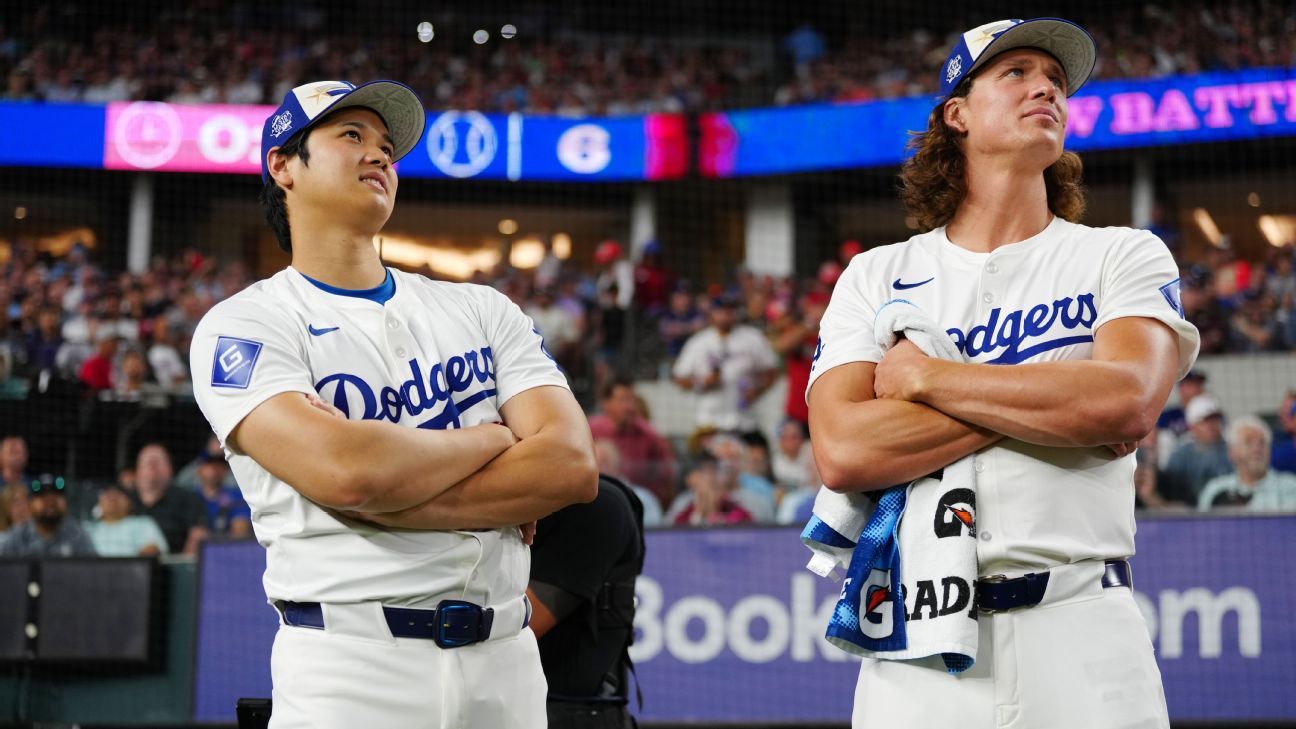Copyright abc
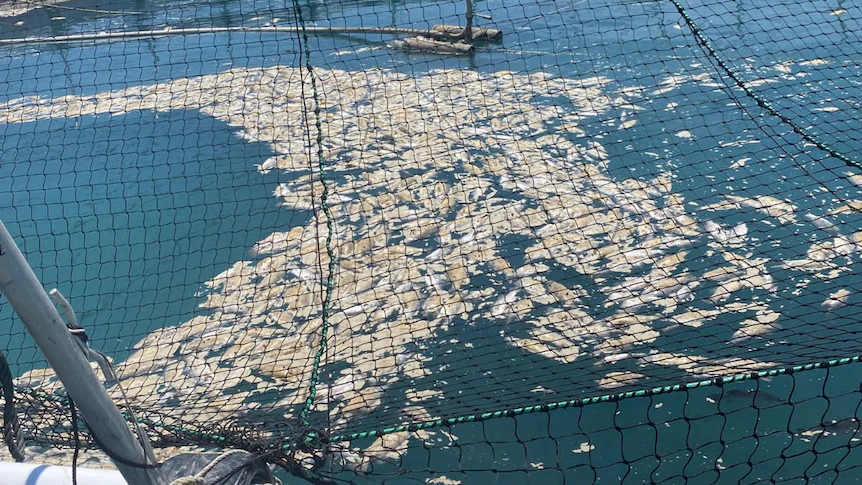
Foreign-owned aquaculture company Tassal has suffered another fish kill, this time at its barramundi farm at remote Cone Bay, on the Kimberley coast of WA. Images and video shot in October by a whistleblower, and provided to the ABC by conservation group Environs Kimberley, show pens at Cone Bay full of floating, dead barramundi, and trucks and earthmovers unloading and burying tonnes of dead fish at the Broome tip. "What we've had is a whistleblower providing us with images from Cone Bay, clearly showing that this is a really serious mass fish kill happening on Tassal's barramundi sea cages up in the Buccaneer Archipelago," Environs Kimberley director Martin Pritchard said. Based on truck movements, Mr Pritchard estimated the total amount of dead fish at between 100-150 tonnes. That figure was put to Tassal last week but the company declined to confirm the number. Tassal did say there had been "lower-than-usual survival rates" at its Cone Bay barramundi farm in October and blamed "a naturally occurring fish-specific organism known as a blood fluke … influenced by lower-than-usual ocean temperatures, which can affect fish resilience.” The state's regulator, the Department of Primary Industries and Regional Development (DPRID), confirmed to the ABC that Tassal had experienced "elevated levels of fish mortality" at Cone Bay. "All fish have been removed from the affected sea pens to manage any impact to the environment or amenity, with mortalities being disposed of appropriately at an approved waste management facility," the department said. DPIRD said its inspectors had attended Cone Bay and were "working with Tassal veterinarians to prevent further mortality occurrence". Neither Tassal nor DPIRD considered the Cone Bay fish kill a mass mortality event, but neither would confirm how the relevant threshold is defined. Martin Pritchard disagreed. "The Department of Primary Industries and Regional Development may well have some kind of methodology or parameter that doesn't call it that, but for the average person to look at this, you can clearly see this is a mass fish kill," he said. He called on the WA government to launch an independent inquiry. "What we'd really like to know is what has caused the blood fluke in the farmed barramundi at Cone Bay," he said. "It's vitally important there's an independent inquiry put in place by Matthew Swinbourn, the minister for the environment. "We don't want to see DPIRD doing an inquiry because they have a conflict of interest — they are trying to promote the industry as well as regulate it at the same time. High levels of blood fluke parasites can kill fish Blood fluke is a species-specific parasite that does not pose a risk to human health, says Adelaide University's Dr Stephen Pyecroft, who is president of the aquatic animal health chapter of the Australian and New Zealand College of Veterinary Scientists. It is treated with Praziquantel, which is also used in pet wormers, and applied to fish by bathing or via feed. Dr Pyecroft said the drug was safe for the marine environment. Blood fluke could be exacerbated by intensive aquaculture systems that concentrate fish in cages, he said. "It's about the sheer volume of parasite within the fish," Dr Pyecroft said. "If it's at a very high level, then it can kill the fish outright, but usually it's combined with other things — so the fish is already stressed with its parasites, you might have a change in water quality, stocking rates or something else goes on — and that's enough then to cause the mortalities in the fish." Tassal hoping to expand Cone Bay operations Tassal has had a difficult year. Last week, the Tasmanian government released its official report on lessons from the mass mortality event in the salmon industry in the south of the state, in which almost 15,000 tonnes of dead fish went to landfill or were used in rendering. The Cone Bay fish kill comes as Tassal is proposing a major expansion of barramundi farming there, seeking state and federal approval to lift production from roughly 2,000 tonnes to 17,500 tonnes a year from 84 cages. Tassal said the cages would be in deeper water, mitigating risks to the environment and animal health, and the proposal has already been scaled back from 13 sites to 7. Tassal's ocean barramundi expansion project must be approved by WA's Environmental Protection Authority and the federal environment department, due to it sitting inside the nationally heritage-listed West Kimberley region. A final decision is expected next year. Companies want to diversify, former Tassal boss says David Williams is chair of Melbourne corporate advisory firm Kidder Williams, which specialises in agribusiness, and was previously the chair of Tassal. He bought the Tassal business out of bankruptcy and was an adviser during its 2023 sale to Canadian giant Cooke Seafoods. Mr Williams said global producers like Cooke, or Huon Aquaculture's Brazilian parent JBS, were looking to diversify away from salmon, and Australian supermarkets were supportive. "In other words, they see themselves as a salmon company to start with — which is the engine room of aquaculture, really, for the world — and we still see them as major salmon companies. [But now] they see themselves as protein companies." In ballpark terms, Mr Williams estimated the barramundi market in Australia was at least 50,000 tons of fish a year — counting wild catch, domestic, aquaculture and imports — roughly half the amount of salmon grown and consumed in Australia. "Coles and Woolworths are desperate, desperate to have another species," he said. "There's a real opportunity still in the Australian market to have a second fish in the market. "Now, what's the most likely candidate? Probably barramundi, because there's nothing else close to it yet in terms of volume." Mr Williams has been to Cone Bay and said the area was stunning. "When you go there, you would never want to leave. It's the most beautiful little bay that you can think of, and there's nothing else there," he said. But he said expansion plans were risky and expensive because of the remoteness of Cone Bay. "It's been around for 10 years at least, and some Singaporeans owned it, and I don't think they ever made a dollar out of it. "Now, why is that? You're in the middle of nowhere, so even to get your staff in is a nightmare, taking them in by helicopter … what about the feed? I'm going to take that in by boat. What about the fish? I'm going to take it out by boat," Mr Williams said. Environs Kimberley director Martin Pritchard said the Buccaneer Archipelago was the wrong place for a major fish-farming operation. He called on both state and federal governments to block Tassal's expansion. "Our message to the federal government, particularly to the environment minister, Murray Watt, is that the Kimberley coast is globally significant, in the top four per cent of the most pristine coastlines in the world. "It is not appropriate to be putting industrial fish farms in this incredibly important marine biodiversity hotspot on the Kimberley coast."
